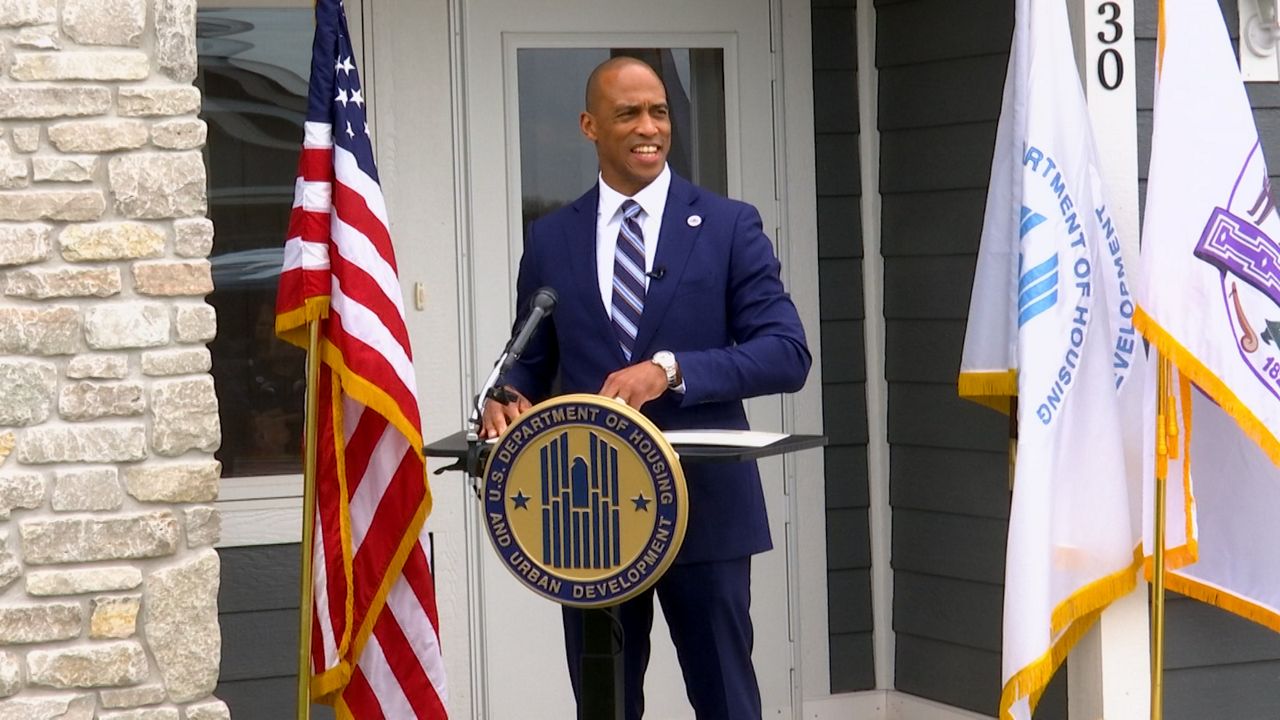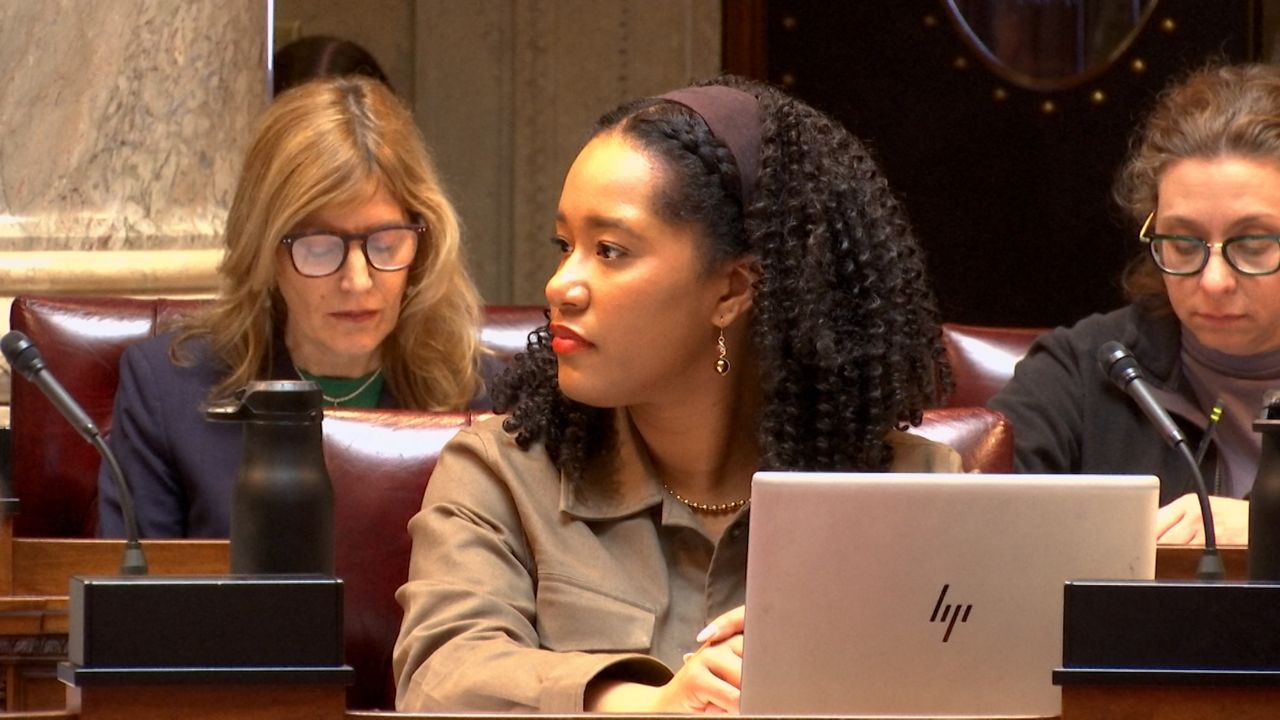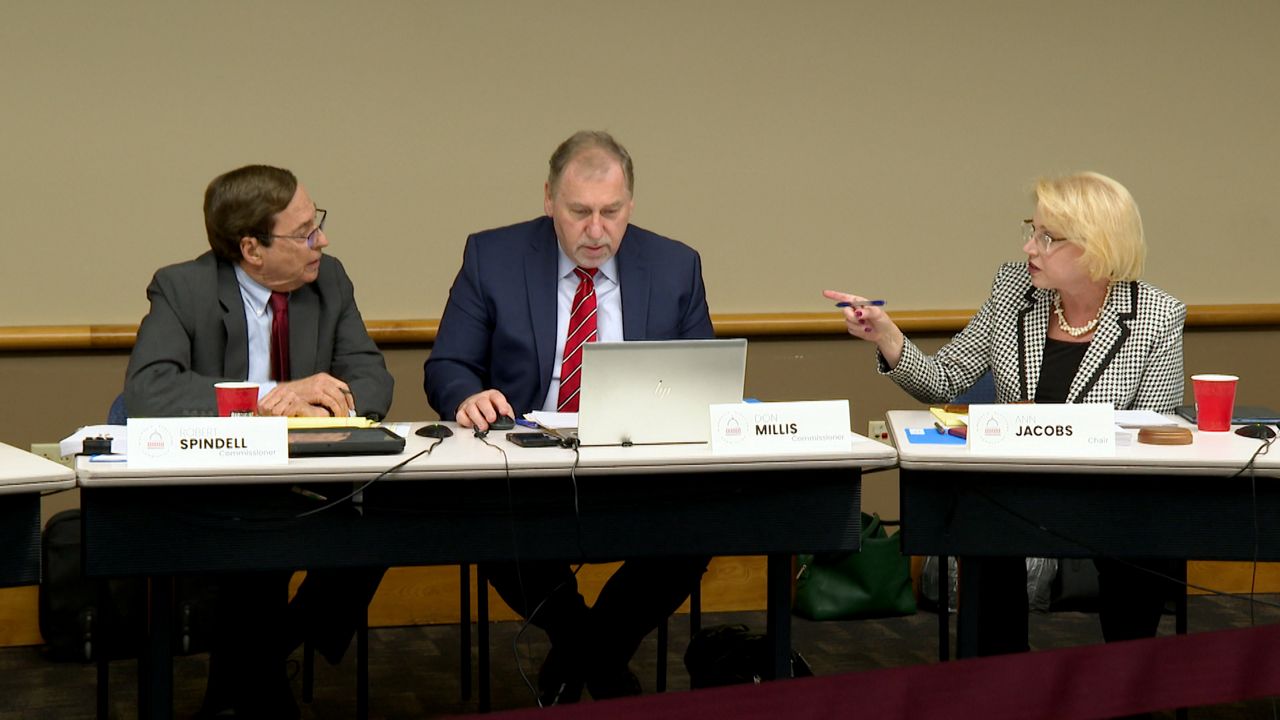MADISON, Wis. — Whether it’s a ride from Uber or a delivery from DoorDash, you have probably taken advantage of what has become known as the gig economy.
While there are plenty of consumer benefits, that isn’t always the case for the contractors behind the wheel. However, a portable benefits program to be proposed in Wisconsin could help change that.
The latest effort to support the rapidly expanding sector isn’t just something the contractors themselves want. Many of the companies they work for are on board with the proposal too.
“With my current paycheck that I’m getting just from my full-time job, it’s enough to keep the lights on and everything. DoorDash is enough to just kind of live more comfortably,” Mark Gurda, who works full-time as a mechanic in Waukesha, explained.
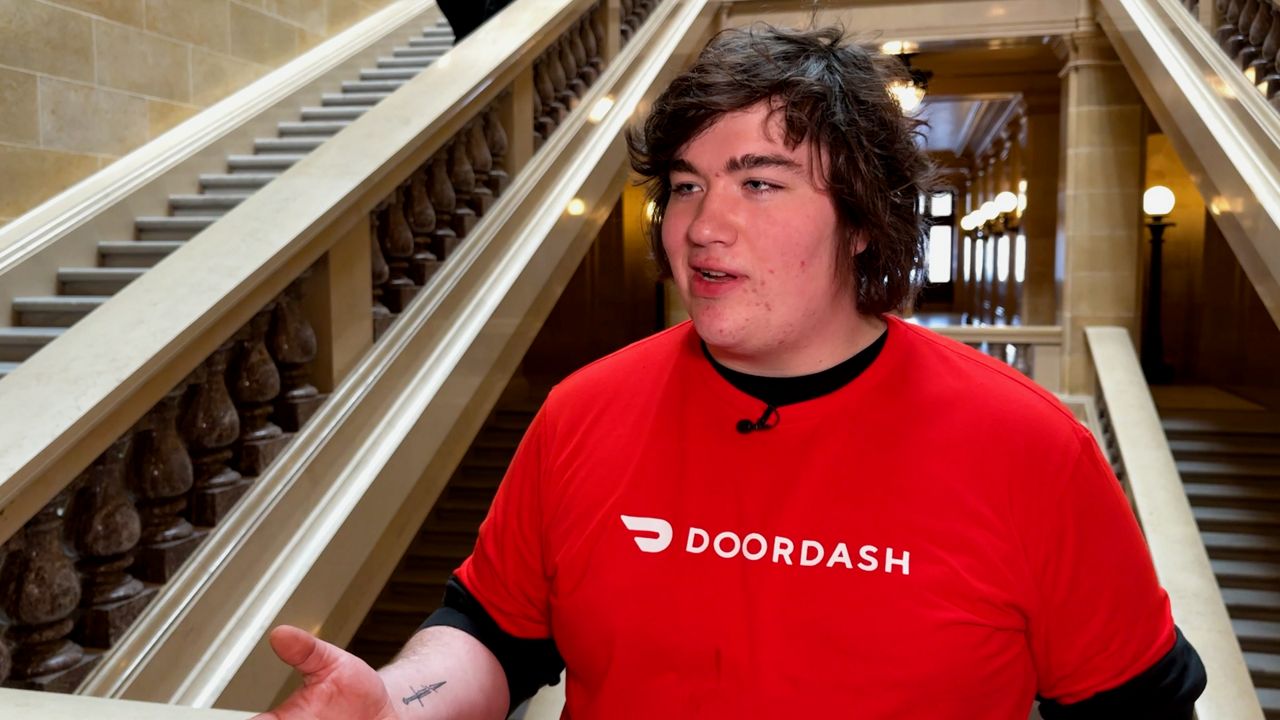
For a little more than a year now, Gurda has been picking up extra cash with DoorDash.
He said it would be better though if there were portable benefits that would allow flexible earning platforms to add contributions and even purchase insurance to provide coverage for injuries that a worker might sustain while providing those services.
“Like car insurance stuff,” Gurda added. “If I’m DoorDashing and I get in a car crash, they would be able to help me out with that, or let’s say I break my arm one day or my sister breaks her arm or something, then I’d be able to help pay for that and we would still have enough money to keep food on the table, keep the lights on, and still maybe go out for dinner one of these nights.”
Current state law doesn’t allow those kinds of benefits for independent contractors.
State Sen. Julian Bradley, R-New Berlin, hopes to change that by letting those who work in the gig economy create a portable benefits account.
“The reason it’s called portable benefits is many drivers don’t just work for Uber or Lyft, they might work for both, or they might also do Instacart on the side or DoorDash, so we want to be able to allow them to utilize these accounts regardless of who they are working for,” Bradley said.
If the measure is passed, drivers could set aside money in those accounts for future costs, including things such as health insurance, lost wages from a vacation or even retirement savings.
“We need the participants in the gig economy. It works for them and we’re happy to have their participation, and we need to make things just a little bit easier,” Bradley added. “That’s what the aim of this bill is to do. To make sure that if you’re working in the gig economy, you can continue to maintain the level of independence that you have, while also participating in some of the additional benefits that could be available.”
That is the type of balance Rachel Smith, who has been driving for DoorDash the last few months after moving to Wisconsin from Chicago, is looking for.
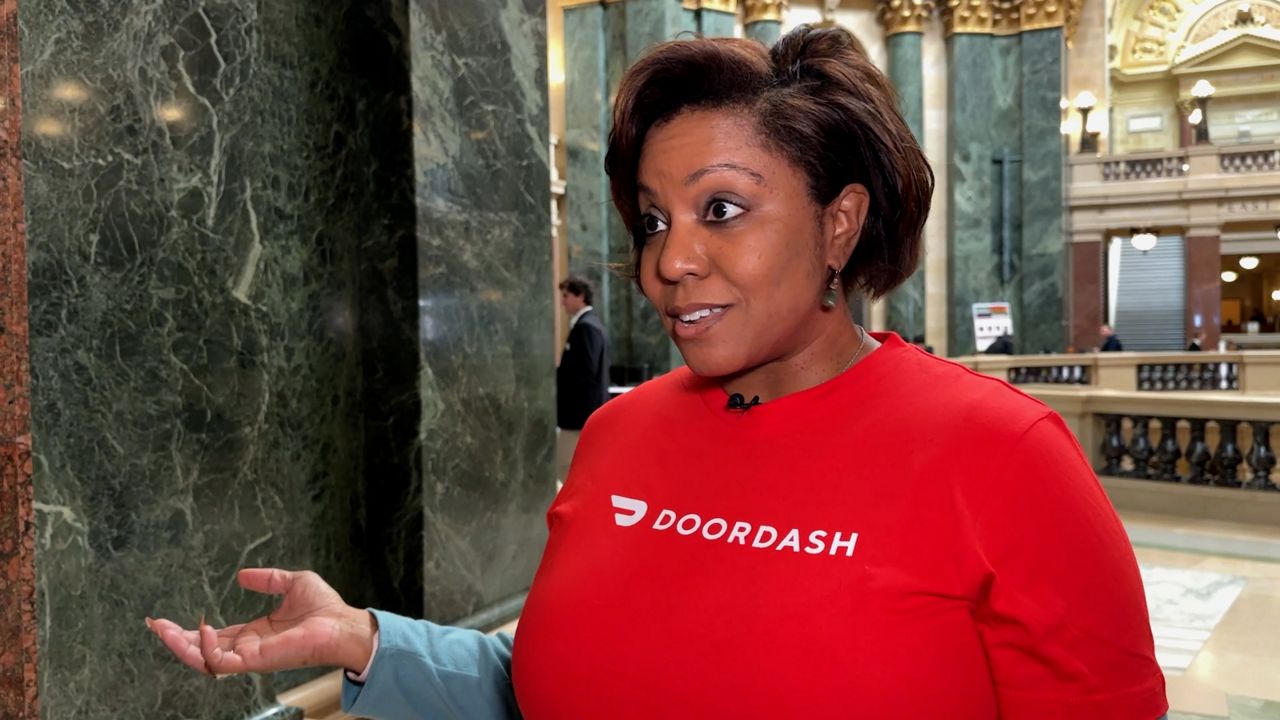
“For me, it’s just helpful as I’m building my business and I have to go to the dentist or I have to go to the eye doctor, to have that little cushion that goes a long with it, so it’s definitely necessary,” Smith, who drives an average of four to 10 hours per week, said.
As far as determining whether someone is a contractor versus an employee, the legislation includes specific criteria. Drivers would be considered independent contractors if the transportation network company (TNC) or delivery network company (DNC) does not:
- Set explicit hours
- Abolishing the contract if the driver does not accept specific requests
- Limit a driver’s ability to perform services for another TNC or DNC
- Limit a driver’s ability to work for any other authorized business
The proposal was introduced during the previous legislative session and garnered bipartisan support but did not clear the necessary hurdles before the end of the biennium. State Sen. Bradley plans to reintroduce it in the coming weeks.






